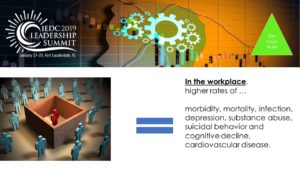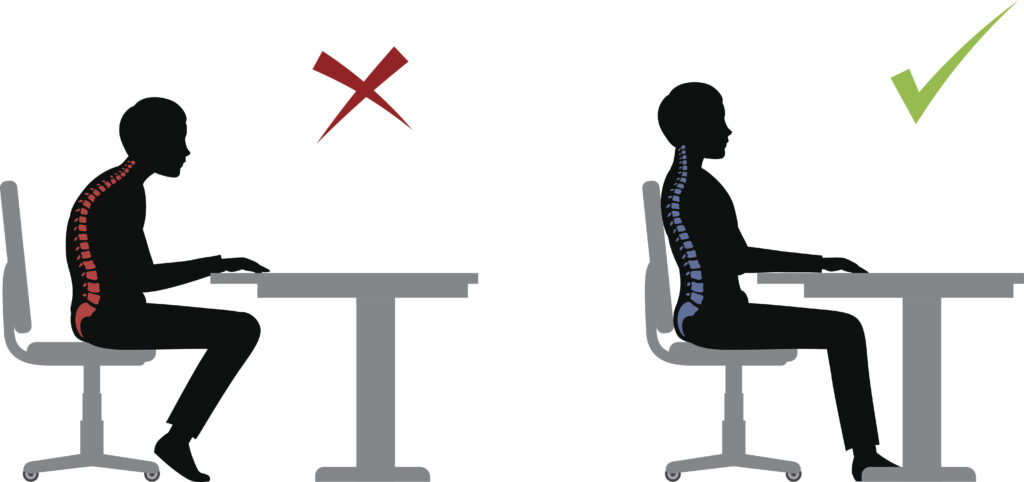This is the first of two articles on the SOCIAL BRAIN based on a talk I gave earlier this year. Over the next two weeks, I’ll talk about what we know and why it matters for leadership.
Would love to get your thoughts on this!

Some things are so fundamental to the human mind and body that our entire brain, mind, and body goes sideways if we don’t get it. We may have no clue why it’s so important, but do know that it just is.
Sleep is one example. Think about how weirdly important sleep is to our physiology. For some reason, we need to spend 1/3 of our LIFE in the dark, prone, and unconscious. How is that a survival strategy? But if sleep is deprived long enough, the brain starts misfiring (getting hypnagogic) and the body will ultimately die from a lack of REM sleep.
So it’s safe to say that adequate sleep is vital for your body to function.
Social interactions are another example of something that is critical for this organism to function, and it’s not clear why (from a physiological standpoint), because being social turns out to be critical for our mental health. There is something about interacting with others that is fundamental to our basic health.
We may not know why being social is so important, but we certainly do know that it’s a fact. Those who are social isolated are more likely to get sick, immuno-compromised, fall ill, and die.
Wait. So let’s play devils advocate here. What if you only get that result because those who are emotionally and physically healthy are more likely to engage socially in the first place. Maybe it’s not that being social drives better health, but those with better health just are more social. So …
Maybe this is just reverse causation?
If this were true, this would be a very short article, but it’s not, so hang on. Let’s just take the human element out of it to see if this is something specific about our biology, rather than our psychology. Ready?
- Social isolation decreases lifespan in the fruit fly;
- Social isolation promotes obesity and Type 2 diabetes in mice;
- Social isolation exacerbates infarct size and decreases post-stroke survival rate in mice;
- Social isolation promotes activation of a stress response in rats;
- Social isolation delays the effects of exercise on adult neurogenesis in experimental animals;
- Social isolation decreases open field activity in pigs and decreases their white blood cell count;
- Social isolation increases the levels of oxidative stress rabbits;
- and social isolation decreases the expression of genes regulating glucocorticoid stress response in the frontal cortex of rabbits.
These are experimental animals. No one taught them this. These are not “millennial experimental animals” all sad because they didn’t get their participation ribbons. Given this amazing raft of data, it’s very clear that being social is a basic biological need.
But what about, I don’t know, humans?

Mice, rabbits, and fruit flies, oh my. But does it translate into humans as well?
A study at the University of Chicago found that loneliness has doubled in the U.S. since the 1980s, affecting up to 60 million Americans. Moreover, these feelings of isolation can increase a person’s chances of premature death by 14 percent and early death in the elderly by 45 percent. This may be because loneliness seems to suppress your immune system, boosts inflammation, and is associated with heart disease, arthritis, diabetes and even dementia, cancer and fatigue.
In humans.
The neuropsychological impact of isolation in the general population is clear, but what about your company?
The cost of isolation in the workplace.
The perceived lack of social support can lead to mental sluggishness that impairs productivity, stifles creativity, and hinders decision-making. This directly impacts a company’s organizational performance. The mental and physical effects of social isolation lead to higher costs for sick leave and health insurance claims.
Several papers have documented a link between loneliness and lowered organizational commitment among hotel workers, school principals, medical workers, and others. A study conducted at five companies in China showed a relationship between loneliness and lowered creativity.
In this equation, subtracting social interaction from humans causes all the illness your company is spending hundreds of thousands of dollars to prevent.
Lack of connection leads to poor physical and mental health. But what about the reverse?
Does added interpersonal connection lead to better performance? The data show that adding social interaction doesn’t just boost your mood, it basically feeds our brains. People who connect with others perform better on tests of memory and other cognitive skills. And, in the long run, people with active social lives are less likely to develop age-related cognitive decline. In the workplace, positive social relationships strengthen employee retention and productivity—positively impacting the bottom line.
What would you give to reduce the inevitable cognitive decline can happen in any organization? How much money is paid to a closet of EAP and other benefits providers to get the kinds of results that can be achieved simply by encouraging people to engage with each other?
The answer is as simple as it is powerful. Foster connection.


